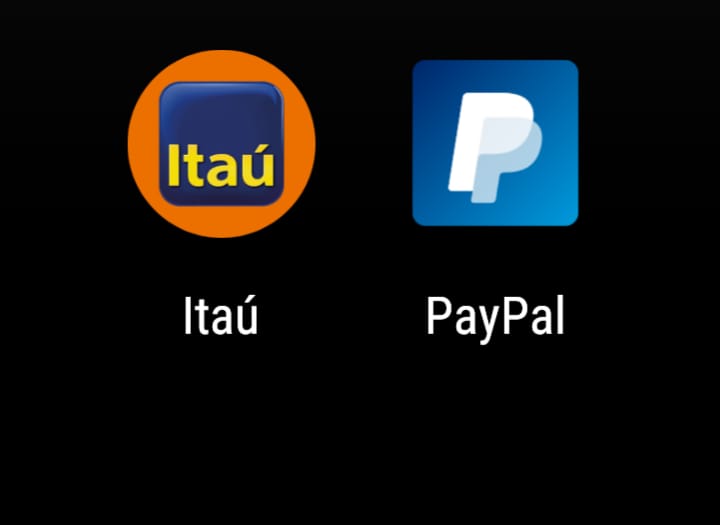PayPal Partners with Itaú Unibanco

The e-commerce sector keeps growing and PayPal has become a prevailing partner for banks. Just like other institutions worldwide –including Barclays and CaixaBank– the Brazilian institution Itaú Unibanco opted for a partnership with PayPal by way of streamlining e-purchasing processes for their customers.
Itaú Unibanco individual customers can now connect their credit and debit cards with their PayPal account more easily. Itaú Business cardholders also have access to services provided by this US FinTech. Currently, 300,000 merchants in Brazil rely on PayPal.
The e-payment industry pioneer intends to increase their customer base in Brazil (from 3.8 million to 4.8 million users in roughly two years) and improve their payment volumes, as well.
This non-exclusive partnership will be effective in Q3 this year. Prior implementing it, Itaú wants to make sure their customers agree to share some pieces of information with PayPal.
Comments – PayPal: further focus on growth strategy
Since Adyen has been selected in their stead by their former parent company eBay, PayPal has been trying to come up with new growth relays and making changes to their partnership strategy. The idea is to reach out for various industry specialists: card schemes, banks, the US “Big Four”, etc. This announcement further stresses this work in progress and intent to secure their leadership in the, increasingly crowded, market for digital payments.
PayPal also plans to build partnerships with other banks in Brazil, and announcements may follow in the days to come. They are indeed relying on an obvious trend as more start-ups are seeing the day in this country. PayPal is looking to become part of local consumers’ lives, and feature value-added services likely to boost use levels.
Itaú Unibanco is their first banking partner in Brazil, but this bank also explained they were looking forward to more agreements with other financial institutions, as well. Itaú is ready to include third-party companies in order to meet increasing demands from their consumers.
